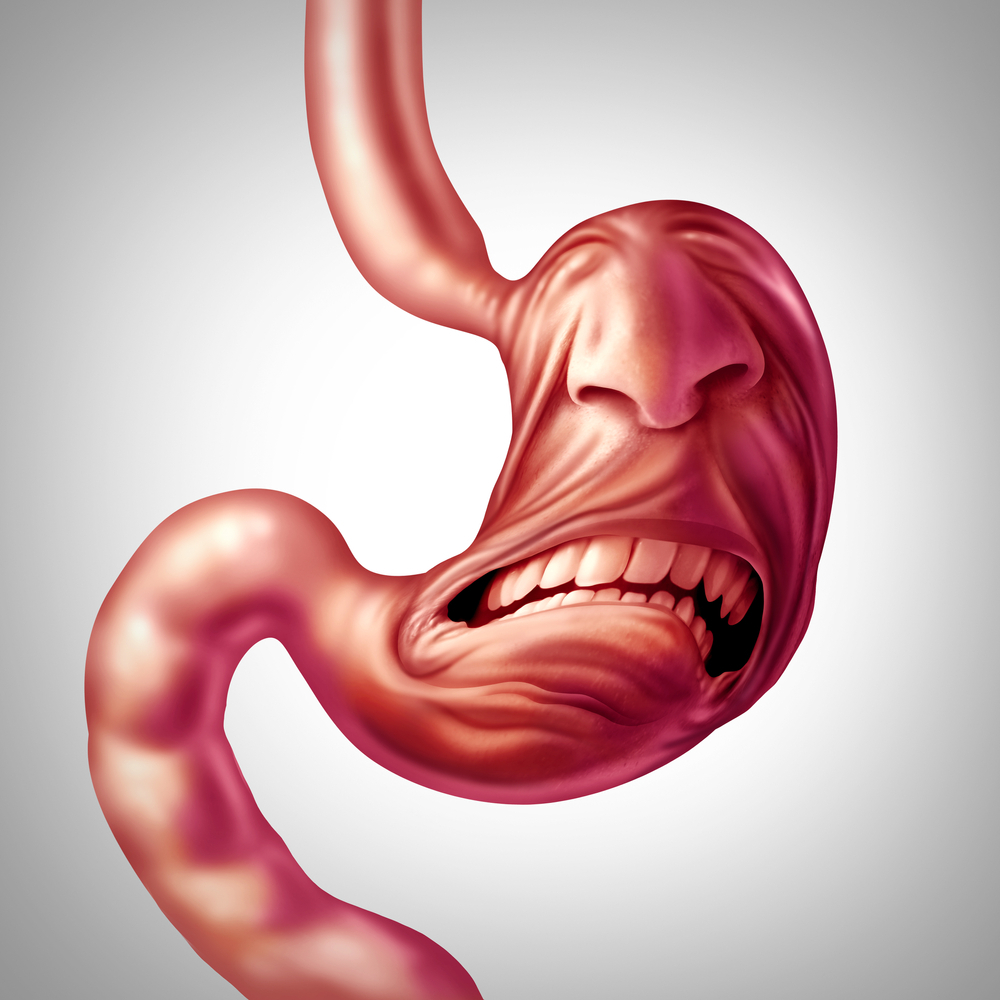When you’re in pain from a stomach ulcer, you might shudder at the thought of lying down to sleep. Stomach ulcers develop when the stomach’s protective lining is weakened, usually as a result of overuse of NSAID pain relievers or an H. pylori infection, allowing stomach acid to cause tissue damage. Most ulcers, thankfully, can be healed with a combination of doctor-directed and at-home treatments, so stop suffering and start sleeping! Know How To Sleep With A Stomach Ulcer.
Method 1: Adjusting Your Sleeping Position
If possible, sleep on your back with your head elevated.
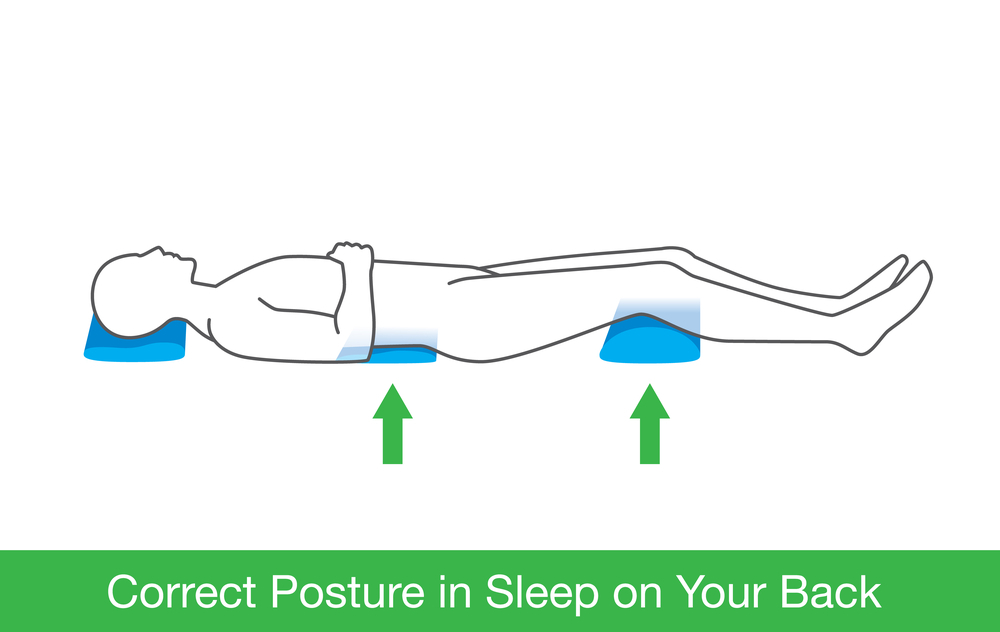
Keeping your upper body elevated uses gravity to your advantage, potentially making stomach acid reach and irritate your ulcer more difficult. Furthermore, sleeping on your back reduces the compression of your digestive system, which can alleviate ulcer pain.
Unfortunately, depending on the location of your stomach ulcer, sleeping in this position may not provide much relief. But it’s certainly worth a shot!
Elevate your head with a wedge pillow or raise the head of your bed with woodblock.
If you find this sleeping position so uncomfortable that it prevents you from sleeping, you may be doing more harm than good. Instead, try sleeping on your side.
Putting a pillow between your knees can help relieve pressure on your stomach.
Lay on your left side if you’re a side-sleeper.
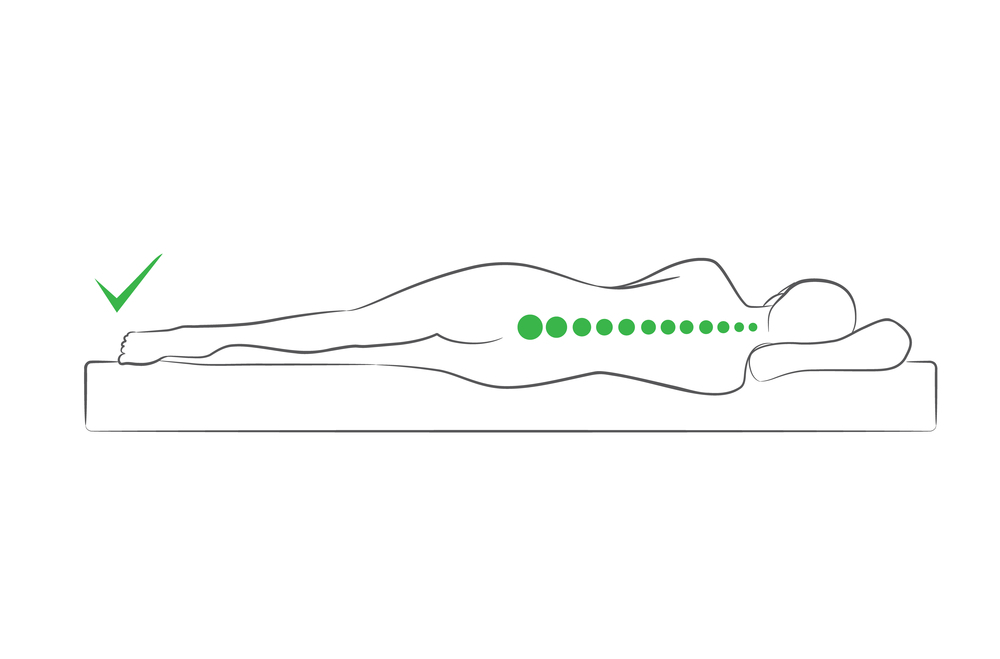
If sleeping on your back isn’t for you, try sleeping on your left side rather than your right. Because of the layout of your digestive system, sleeping on your left side may result in less compression and pain from ulcers.
This, like sleeping on your back, is not a guaranteed solution, depending on where your stomach ulcer is located.
Side sleeping may be more comfortable if you place a pillow between your knees.
Don’t press your digestive system by sleeping on your stomach.

This is typically the worst sleeping position for someone suffering from a stomach ulcer or other stomach acid-related issues (such as GERD). If you sleep on your stomach naturally, try to get used to sleeping on your back or left side instead.
Sleeping on your stomach is also more difficult on your back and neck than in other positions.
Method 2: Creating a Good Sleep Environment
Avoid caffeine, big meals, and screen time in the evening

Begin making plans for bedtime several hours before you go to bed! Caffeine should be avoided before or after dinner, and possibly anytime after lunch. Eat no large meals or snacks within 3 hours of going to bed. Also, avoid using screens such as TVs, computers, smartphones, and tablets for at least an hour before going to bed. Caffeine’s stimulant effect interferes with your body’s preparation for sleep.
Eating before bedtime puts your digestive system to work instead of allowing it to rest, causes bloating and discomfort, and increases stomach acid production.
The “blue light” emitted by electronic screens may disrupt your body’s natural circadian rhythm, which governs your sleep cycle.
If possible, use dimmable lights and reduce their intensity as the night progresses. This can help increase melatonin, resulting in a better, healthier sleep.
Create a consistent bedtime routine to ensure that you are ready to sleep.

By following a consistent routine each night, you can effectively train your body to be sleep-ready. Completing a series of relaxing, calming activities that signal sleepy-time for about an hour before going to bed! You could,
for example, try: Take a warm bath with Epsom salt and up to 20 drops of lavender essential oil.
Massage your feet, legs, arms, and neck, particularly while in the tub.
While listening to soothing music, lay out your clothes for tomorrow.
Praying or meditating.
Relaxing music to listen to
Reading a few pages of a soothing book.
Create a sleeping environment that is cool, quiet, dark, and comfortable.

The more snooze-friendly your sleeping environment, the easier it will be to fall and stay asleep despite your discomfort.
Consider the following measures:
Keep the room as dark as possible. Use blackout curtains and remove any light sources from the room, such as night lights and bright clock displays.
Set the thermostat to a temperature on the cool side of room temperature, such as 65–68 °F (18–20 °C).
If possible, close doors or windows to block sources of ambient noise, such as street traffic. Alternatively, a white noise machine can be used to mask unwanted sounds.
Sleep on a good mattress, with soft, comfortable bedding and a firm pillow for support.
To help improve the air quality in your room, use an air purifier with a HEPA filter. It can also make a soothing humming noise that can help you fall asleep by drowning out other noises.
Treat sleep apnea and other sleep disorders with the help of a doctor.
It’s a vicious cycle: stomach ulcers make it difficult to sleep, and not getting enough sleep increases the likelihood of gastrointestinal illnesses like stomach ulcers. Because the issues are linked, treat them both at the same time. In addition to receiving medical treatment for your stomach ulcer, consult with your doctor about diagnostic and treatment options for any sleep disorders you may have. Sleep apnea is a potentially fatal condition if left untreated. It also increases your chances of developing stomach ulcers.
Method 3: Treating Your Ulcer Symptoms
Get a clear diagnosis and treatment plan from your medical provider.

Don’t just assume you’ve got a stomach ulcer, and don’t just wait for it to go away! Instead, see your doctor and have any necessary tests performed so that they can make a diagnosis. Then, you can decide which treatment options are best for your condition.
A stomach ulcer’s most common symptom is a burning pain in the centre of your chest, usually just below your breastbone. Bloating is another common symptom, while nausea and vomiting are less common.
Your doctor will ask about your symptoms, take a family history, and perform a physical examination to diagnose a stomach ulcer. You may also need to have an endoscopy, which involves a small camera being inserted down your throat while you are sedated.
Take 1 or more acid-reducing medicines as recommended.
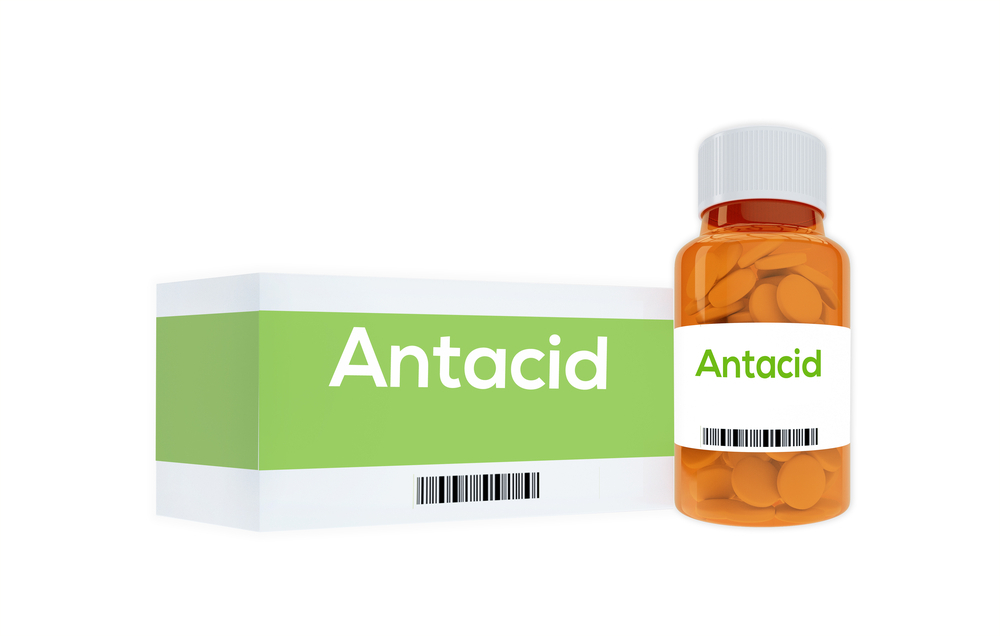
Excess stomach acid does not cause ulcers, but it does aggravate the painful symptoms. Cutting back on your stomach acid should help relieve your pain and promote ulcer healing. Antacids, which are over-the-counter (OTC) medicines that neutralize stomach acid, are a common acid-reducing option. These do not promote ulcer healing, but they can help relieve ulcer pain.
H-2 blockers are medications that reduce the amount of acid secreted into the stomach. These may be prescribed to alleviate pain and promote ulcer healing.
Proton pump inhibitors (PPIs), which are typically more effective at inhibiting acid secretion than H-2 blockers. To help heal your ulcer, you may be prescribed a PPI for a few weeks or longer.
Take prescribed antibiotic medications if you have a bacterial infection.

Antibiotics can help reduce your symptoms and heal your stomach ulcer if (and only if) it is caused by an H. pylori bacterial infection. Antibiotics will not help if your ulcer is caused by something else. Take any antibiotics exactly as prescribed and for the duration specified.
As part of the diagnosis of your stomach ulcer, your doctor may perform a breath test to look for signs of an H. pylori infection.
To treat a stomach ulcer, you may be given two different antibiotics and a PPI for two weeks.
Reduce your use of NSAID pain relievers if they are causing your ulcer.
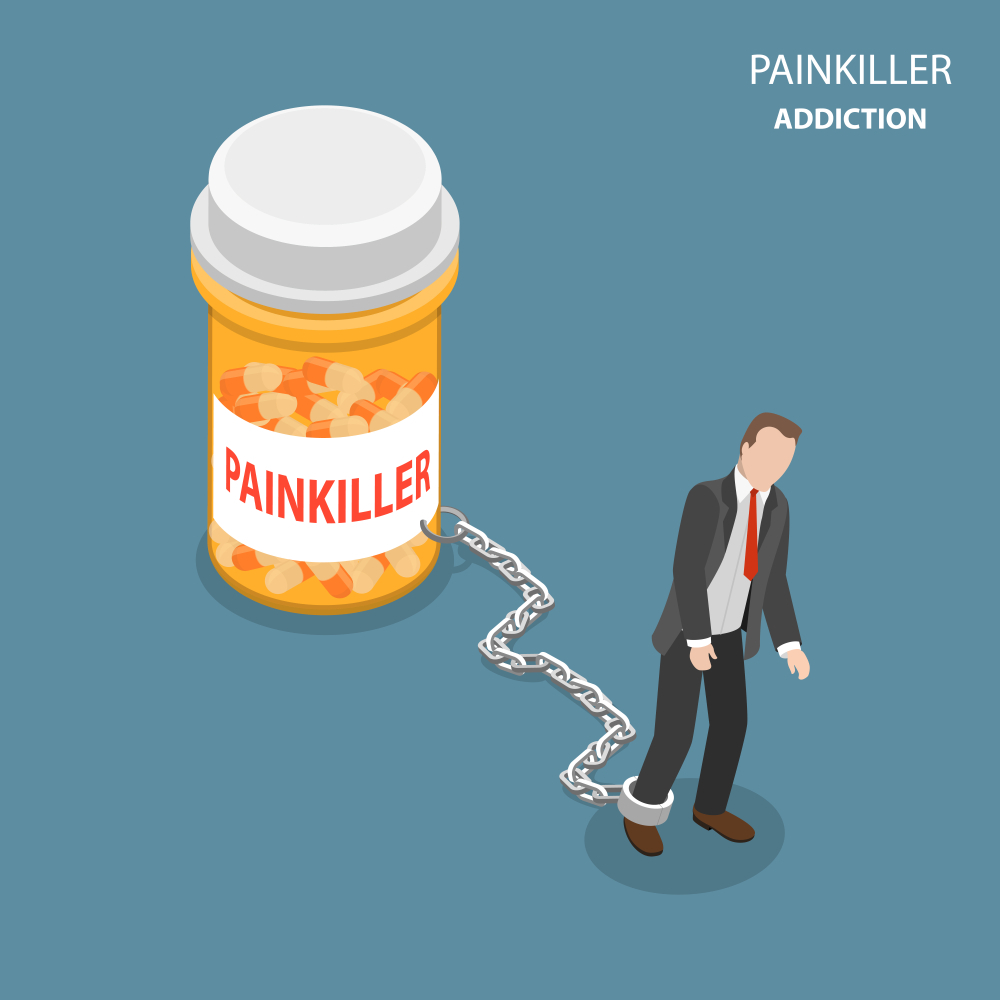
H. pylori infections or frequent use of nonsteroidal anti-inflammatory drugs (NSAIDs) such as aspirin and ibuprofen are the most common causes of stomach ulcers. As a result, reducing or eliminating your use of NSAIDs may aid in the healing of your ulcer. Instead, your doctor will most likely advise you to use a different type of pain reliever, such as acetaminophen.
If you’re on an NSAID regimen prescribed by your doctor, don’t stop taking it to treat a suspected ulcer. Always consult your doctor first.
To alleviate pain, drink chamomile tea before going to bed.

Fill a mug halfway with boiling water and steep a bag of chamomile tea for 4–5 minutes. To alleviate any ulcer-related discomfort, drink your tea while it is still hot. You can drink several cups of chamomile tea throughout the day if you want.
Chamomile tea is available at your local grocery store.
Chamomile contains natural antioxidants and anti-inflammatories, which can help reduce stomach acid and speed up the healing of an ulcer.
To alleviate discomfort, try aromatherapy with essential oils.

Fill a diffuser halfway with distilled water and a few drops of essential oils like clove, cinnamon, thyme, or lemon. Take deep breaths as you run the diffuser to help you relax and smell the oils. Aromatherapy can be used throughout the day or even while sleeping.
Foods that cause painful flare-ups should be identified and avoided.
Spicy foods, contrary to popular belief, do not cause stomach ulcers—but they can certainly make them worse! Because different people have different trigger foods that aggravate their ulcer pain, keeping track of what you eat and the severity of your ulcer symptoms is your best option. Once you’ve identified specific foods that trigger flare-ups, try to limit or avoid them as much as possible.
The most common triggers are spicy foods, acidic foods (such as tomatoes and citrus), chocolate, mint, and fried foods, but yours may be different. Carbonated drinks and dairy products can temporarily relieve ulcer pain but make it worse later on.
Keeping a food diary can help you keep track of what you eat and how you feel afterwards.
Try an elimination diet, which involves removing specific foods from your diet for a few days at a time. If you begin to feel better, try to avoid eating that food in the future.
Quit smoking and limit your alcohol consumption.
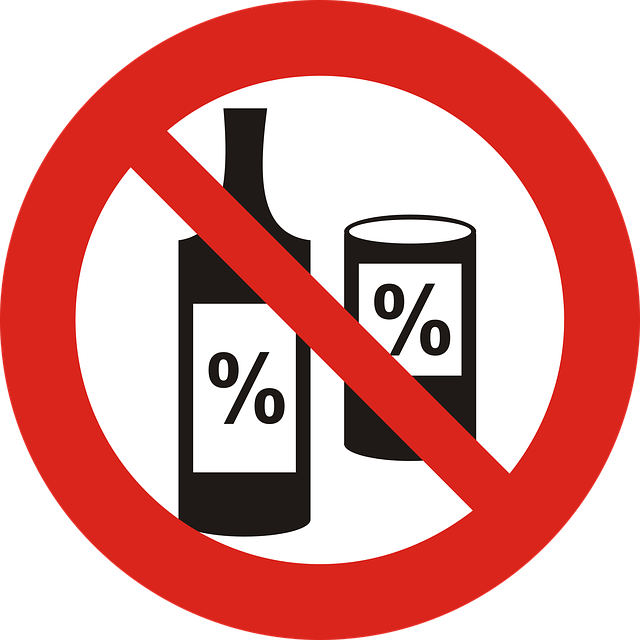
Smoking, in addition to causing a variety of other health issues, can increase stomach acid production and worsen ulcer symptoms. Alcohol also causes an increase in stomach acid production, which leads to more ulcer pain. Avoiding both may help to alleviate your symptoms.
Reduce your stress to help your ulcer symptoms.
Stress, like spicy foods, is frequently blamed unjustly for causing stomach ulcers. While stress isn’t the actual cause of ulcer pain, it can certainly make it worse. Stress can also cause unhealthy coping behaviours such as smoking, excessive drinking, or eating unhealthy “comfort” foods, which can aggravate ulcer pain. [20] Formalized paraphrase
Look for healthy stress-relieving activities such as light exercise, meditation or prayer, yoga or tai chi, deep breathing, mindfulness techniques, being outside, or talking to a good friend.
If you’re having trouble dealing with stress, talk to your doctor or a mental health professional.
Seek additional medical attention, for ongoing or severe cases
Following a doctor-approved treatment plan may result in the resolution of a stomach ulcer in as little as 2-3 weeks, though it may take longer. Keep in touch with your doctor to keep them up to date on your progress or lack thereof, and to discuss any changes to your treatment plan that may be required. Ask for medical attention as soon as possible if you begin vomiting fresh or dried blood (which looks like coffee grounds).
You’ve been vomiting or having diarrhea for a long time.
Develop a high or long-lasting fever.
In your stool, you may notice blood or dried blood (which appears black and tarry).
Have a lot of pain or bloating.
Jaundice may appear (yellowing of your skin and eyes).
Also Read : How to Treat Mouth Ulcers Naturally- Ayurvedic Treatment – V Cure (vcurehealthcare.com)

